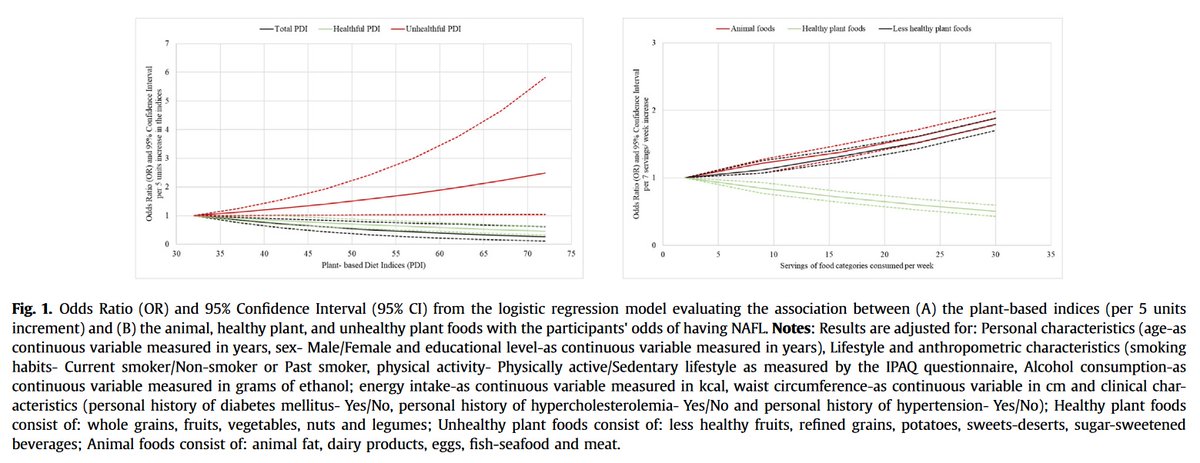
This one suggests that age acceleration is associated with lower strength and/or loss of strength over time in US adults aged 51 years and older, followed over an 8-10 year period. 

- "A growth in research evidence documents that epigenetic phenomena, such as DNA methylation (DNAm), are highly implicated in the development of disease and rate of biological ageing...
Ref:
doi.org/10.1186/s13059…
Ref:
doi.org/10.1186/s13059…
"...Given that methylation profiles are thought to be modifiable by lifestyle and other environmental factors, it has been proposed that DNAm age is a robust biological ageing clock providing a superior estimate of true biological age over chronological age...
"...A number of epigenetic clock measures have been generated for measuring an individual's epigenetic age, and in particular, to indicate accelerated or decelerated biological ageing (i.e. as compared with chronological age)."
- The objective of this study was to determine the association between grip strength and DNA methylation age acceleration derived from three epigenetic clocks trained on phenotypic ageing (i.e. age-related health conditions/profiles) and mortality.
- The age, sex and racial breakdown of the study's sample "is consistent with that of Americans aged 50 years and older in the USA, based on U.S. census data".
- Among middle-aged and older men and women, lower grip strength per body mass was associated with DNA methylation age acceleration across several clocks.
- This may suggest that greater strength may be protective against DNA methylation age acceleration.
- Caveat: The associations between grip strength and age acceleration clocks were not consistent across sex categories in the fully adjusted models:
In the analyses of the follow-up data, stronger grip strength per body mass was inversely associated with GrimAgeAA and DunedinPoAmAA in both men and women, but only PhenoAA in men.
In the analysis of the baseline data, only DunedinPoAmAA was statistically significantly associated with grip strength per body mass in both men and women, whereas GrimAgeAA and PhenoAA were both statistically significant in women.
Grip strength is inversely associated with DNA methylation age acceleration (open access)
doi.org/10.1002/jcsm.1…
#aging #longevity #exercise #Workout #TrainHard #GymLife #GymTime #muscle #strength #lift #GetStrong #cardio #hiit
doi.org/10.1002/jcsm.1…
#aging #longevity #exercise #Workout #TrainHard #GymLife #GymTime #muscle #strength #lift #GetStrong #cardio #hiit
• • •
Missing some Tweet in this thread? You can try to
force a refresh






